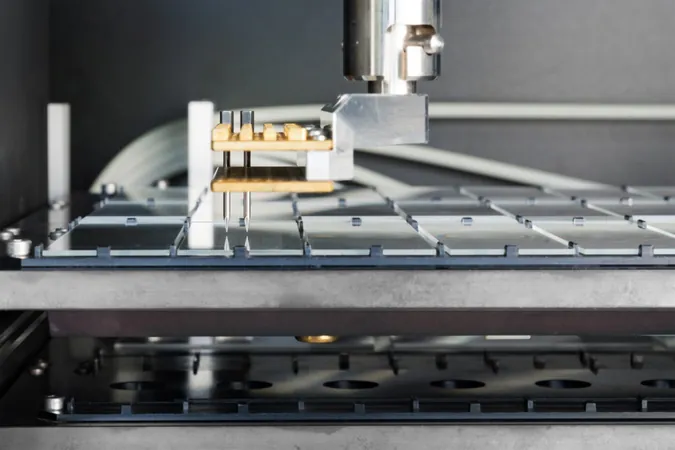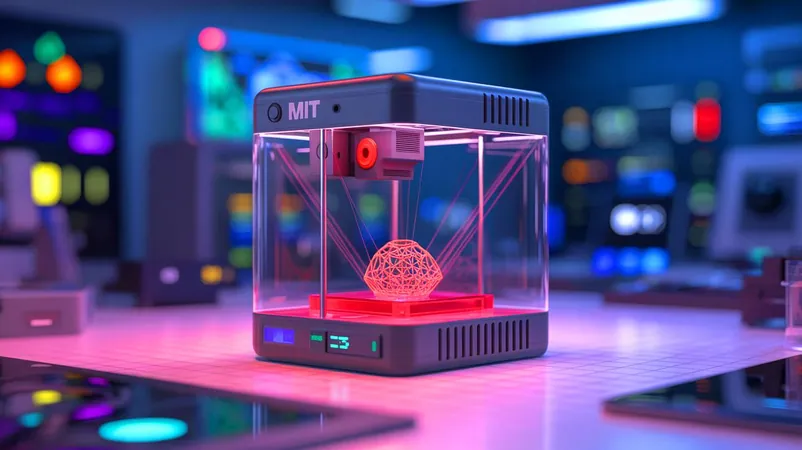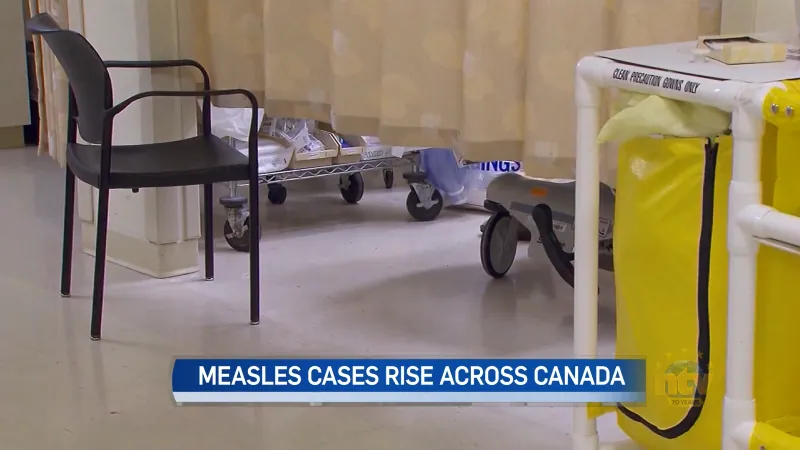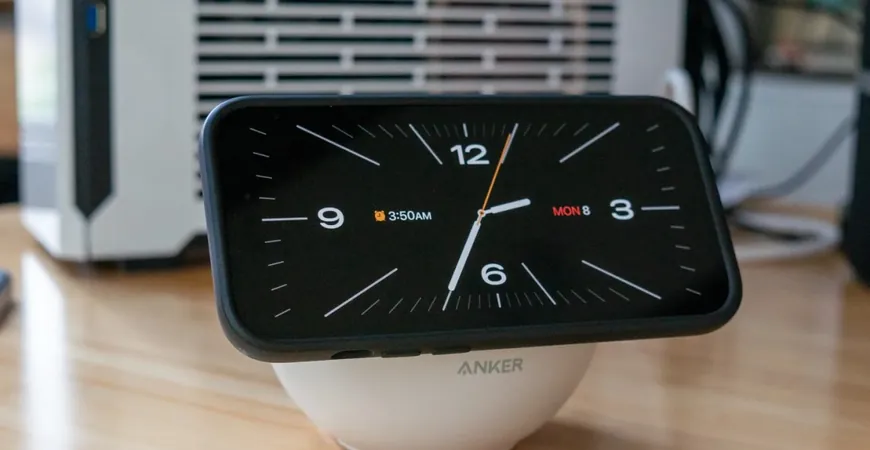
Revolutionary Pathogen Detection System Ensures Safe and Healthy Insect Farming Essentials!
2024-11-04
Author: Benjamin
Insects: The Future of Protein?
From grasshoppers to crickets and mealworms, insects offer a promising alternative protein source, requiring significantly less water and land compared to conventional meat and fish farms. Additionally, these tiny powerhouses can thrive on organic waste, converting inedible food byproducts into high-quality protein, making them a critical asset in a world challenged by food scarcity and climate change.
The Health Challenge: A Quick Turnaround Is Key
However, like any monoculture, insect farming is susceptible to disease outbreaks. In response, Fraunhofer’s FutureProteins flagship project has spearheaded the development of a cutting-edge pathogen detection system aimed at yellow mealworm beetles. Currently, traditional lab testing methods can take up to two days for results, risking severe downtime on farms where every hour counts.
Jens Wetschky, the project manager and expert in virus-based technologies, states, “Current testing methods are far too slow. Our new approach allows for immediate detection, which is crucial for maintaining healthy farm operations.”
Confronting a Diverse Threat
The pathogen landscape is particularly challenging for insect farmers, as beetles can be exposed to a plethora of infectious agents—from bacteria and fungi to parasites at various life cycle stages. To tackle this, Fraunhofer experts identified eleven critical pathogens and developed stringent quality controls to manage these threats effectively.
Blending Technology for Speedy Results
Taking inspiration from COVID-19 testing paradigms, the Fraunhofer team adopted molecular biology techniques to rapidly identify multiple pathogens based on genetic information. They introduced a multiplex approach, allowing for simultaneous testing of up to fourteen pathogens. This significant leap ensures quicker results without sacrificing accuracy in the ever-complex insects’ genetic landscape.
Efficiency You Can Rely On
The detection system doesn't just shine in laboratory conditions; it’s also been validated for practical use on farms without the need for specialized training. Operators can easily extract samples, which undergo DNA extraction, PCR testing, and then examination via a fluorescent microarray that detects any pathogens present.
The process is designed to ensure each step is correctly executed, minimizing the risk of false negatives that could jeopardize entire farms.
Automation: The Next Frontier in Insect Farming
As the insect farming industry continues to grow, automation is the future. Christoph Binder from Fraunhofer IGB emphasizes this ambition, saying, "Our goal is to refine our system towards full automation, particularly appealing to large-scale insect farms." Such advances in technology could revolutionize the industry, ensuring safety and efficiency from farm to table.
With this breakthrough, the future of insect farming looks not only sustainable but safer than ever before—unlocking the vast potential of these tiny creatures while deftly sidestepping disease pitfalls. Are insects about to become the go-to protein source of the future? Only time will tell!









 Brasil (PT)
Brasil (PT)
 Canada (EN)
Canada (EN)
 Chile (ES)
Chile (ES)
 Česko (CS)
Česko (CS)
 대한민국 (KO)
대한민국 (KO)
 España (ES)
España (ES)
 France (FR)
France (FR)
 Hong Kong (EN)
Hong Kong (EN)
 Italia (IT)
Italia (IT)
 日本 (JA)
日本 (JA)
 Magyarország (HU)
Magyarország (HU)
 Norge (NO)
Norge (NO)
 Polska (PL)
Polska (PL)
 Schweiz (DE)
Schweiz (DE)
 Singapore (EN)
Singapore (EN)
 Sverige (SV)
Sverige (SV)
 Suomi (FI)
Suomi (FI)
 Türkiye (TR)
Türkiye (TR)
 الإمارات العربية المتحدة (AR)
الإمارات العربية المتحدة (AR)